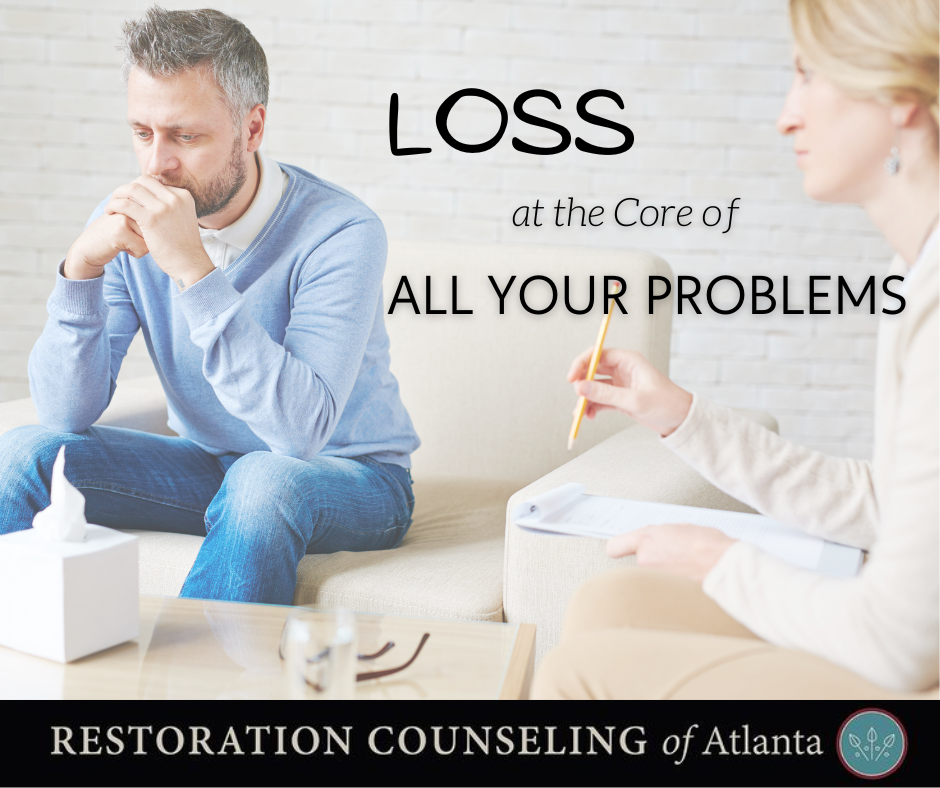Grief and Grieving
In the height of summer in July, I left to begin graduate school in the suburbs of Chicago. Two hours into my journey, my car’s air compressor broke, and only hot air blew through my air vents. Since I was moving from the deep South to Chicago, I decided I would not need my air conditioning as much because of the frigid Chicago winters. I was wrong! The heat index in Chicago reached 110 degrees the day I moved. I needed a new air compressor.
Like the hot air blowing in my face from my car’s air vents told me I needed a new air compressor, emotions often tell us we need something. Happiness or joy can tell us we need to celebrate. Anger will communicate we need justice. Fear nudges us, and we need safety. And sadness conveys we need to grieve. Grief is the emotion that accompanies sadness when there is loss. Grieving is learning to live with the loss and adjust to what was taken away.
Necessary Changes
The summer I was seven, I broke my elbow and had surgery. I got a cast that went almost up to my shoulder. For the next year, I had to adjust and make changes in how I lived my life. I learned new ways of living in response to the losses I experienced from breaking my elbow.
I distinctly remember trying to make a peanut butter and jelly sandwich. So, I used a spatula in my left hand to hold the bread as I spread the peanut butter and jelly with a knife in my right hand. At the lake during the summer, I wore a trash bag over my cast when I tubed, and my dad carefully pulled me behind the boat. When school started, I was not allowed to run at recess; I remember being very sad I could not play kickball.
Healing from Loss
People come to counseling for many reasons, and I often see themes of loss in people’s stories.
- For those who are anxious, safety seems lost.
- For those who are depressed, joy seems lost.
- For those who cycle between bipolar extremes, stability seems lost.
- For those who struggle to control anger, peace and contentment may seem lost.
- For those who have experienced trauma, the ability to trust others may seem lost.
When a person bravely chooses to seek counseling and begin healing, there can be a sense of sadness a person carries with them, usually indicating loss and, therefore, a need to grieve. And so, all therapy is partially grief therapy because loss is frequently found at the core of a person’s problem or concern.
Grief and Grieving…
Grief comes in all different shapes and sizes. Grieving sometimes seems to mirror the size of the loss and the feelings of grief. Sometimes, because of circumstances and/or capacity, grieving does not seem congruent with the grief and loss. But, grief cannot be measured, and grieving does not have a timeline. To compare one person’s grief and grieving to another person’s grief and grieving is like comparing apples and oranges.
So What?
Grief is the emotion that accompanies sadness when there is loss. Grieving is learning to adjust to what was taken away with the loss. The goal of grief therapy is not to forget the loss or take away the grief. Instead, it is learning to grieve and adjust to what was taken away with the loss. Ideally, this process happens in a safe environment in a relationship with a trusted person or people. In next month’s newsletter, I will share more about this process and how I come alongside clients as they grieve and heal.
 Written by Ashley Lewis MA, APC
Written by Ashley Lewis MA, APC
Woodstock and Roswell
ashleylewis@restorationcounselingatl.com
Ashley works with adolescents and adults from all backgrounds and provides marriage and premarital counseling. Areas of focus include depression, anxiety, sexual and gender identity concerns, trauma, adoption, anger, and grief.

